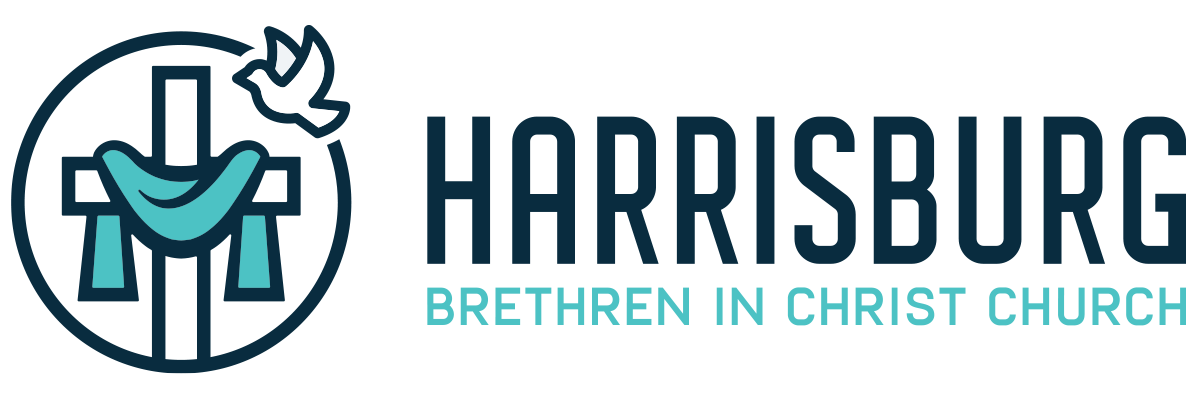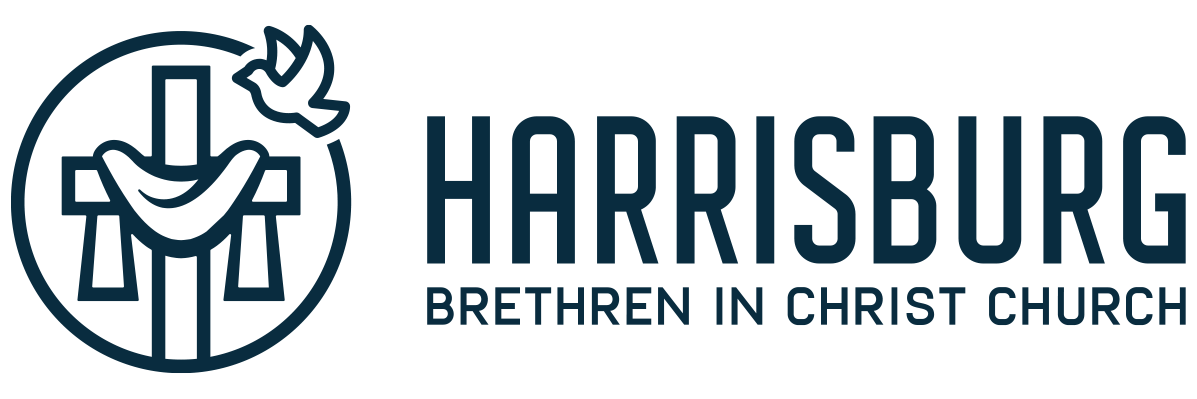The Spirit of the Lord is on me, because he has anointed me to proclaim good news to the poor. He has sent me to proclaim freedom for the prisoners and recovery of sight for the blind, to set the oppressed free, to proclaim the year of the Lord’s favor. Luke 4:18-19
Dear HBIC Family,
Like most childhood memories, the one that I hold most dear is a bit fuzzy. I vaguely remember that we would gather before school at the flagpole at my elementary school in Monrovia. There was some singing (Liberian National Anthem), announcements, and probably a pledge of allegiance. I still think some of this was very weird for elementary school children to be doing, but I digress.
On the other hand, each morning there would also be a chance to recite Bible verses. And one of the verses that sticks out to me, all these years later, is Luke 19:10: “For the Son of Man came to seek and to save the lost.”
The verse itself appears at the end of Jesus’ encounter with Zacchaeus, the chief tax collector in Jericho. Tax collectors, because of their colluding with the Romans and additional extortion of their own people, were seen as traitors; being a chief would mean that Zacchaeus was the absolute worst of the lot. But praise God that the lost can be found!!
Zacchaeus takes the step towards Jesus, by climbing up that sycamore tree. He continues his leap of faith by responding to Jesus, coming down at Jesus’ call, accepting Jesus into his home, and then into his heart. He accepts Jesus’ gift of grace and, because he is redeemed, he offers reparations for the harm he has caused and the wealth for which he has cheated. At all of this, Jesus lovingly remarks, “Today salvation has come to this house, because this man, too, is a son of Abraham. For the Son of Man came to seek and to save the lost.”
Zacchaeus is one of many we will meet in our next sermon series, Luke: Good News for the Lost. In telling the story of Jesus, the gospel writer starts earlier than most (beginning with John the Baptist’s birth) and ends even later than most (Jesus’ ascension into heaven). Along the way we learn that the coming of Jesus the Messiah meant that God’s salvation had arrived for all who respond in faith, no matter their past, their social status or even their ethnicity.
As you prepare for this week’s service, I invite you to read and meditate on Luke 4:14-20 and Luke 1-3. As you reflect, I would like to ask you to focus on the following questions:
- What do we learn about Jesus in the Luke 4 passage? Anything new to you?
- Why do you think Jesus began in his hometown? What is the significance?
- Why do you think Jesus read Isaiah’s prophecy?
- Jesus pointed out that God’s work expanded outside of Israel. Why did this outrage the people?
- How is God calling you to be faithful now, where you are?
- What is one way you’re working for God’s kingdom today?
- How is your faith being shared with those outside the kingdom?
After learning about all of the ways that Jesus fulfilled prophecy in his birth at the beginning of Luke, we now see Jesus fulfilling prophecy in his life and ministry. It is very difficult to find a more definitive passage that outlines the work Jesus was sent to do. Jesus came to save us, not only for heaven, but on earth too. He was anointed with the Holy Spirit to let the poor and forgotten know that God loves them, to tell the enslaved and oppressed that freedom has come, to show the way for the blind, and for all the world to know, that Jubilee had come.
Sisters and brothers, may we know that all that is lost can be found in Jesus’ name. May we always remember that God sees us, carries us, and holds us every moment of every day. And may the Spirit that empowered Jesus to live a life of love and dedicated service inspire and lead us all to do the same.
God bless you all!
Love in Christ,
Pastor Hank (Luke 4:18-19)

